President of the Republic of Indonesia, Prabowo Subianto, has officially announced a salary increase for teachers with Civil Servant status (ASN) and non-ASN honorary teachers.
Regarding this matter, the National Coordinator of the Indonesian Education Monitoring Network (JPPI), Ubaid Matraji, stated that this has not yet been able to resolve the main issue of the teacher gap.
“ASN teachers, especially those who are already certified, are already well-off; on average, they own houses and cars.” “Why should their salaries be increased again?” he said in his statement on Monday (2/12/2024).
According to Ubaid, there are still many non-ASN teachers who are not yet certified and whose fate is uncertain.

“Their salary is not even enough for food, let alone for other needs.” “This should be prioritized, not the other way around,” he explained.
Ubaid emphasized that if this policy is indeed implemented in 2025, the disparity in teacher welfare will widen. This policy has more of a political undertone than a genuine commitment to teachers.
According to Ubaid, if we follow the government’s promises for the welfare of honorary teachers, the winds of paradise have always blown from time to time. But, until now, the beginning and end of it remain unclear. They are still entangled in various problems.
“If you really want to solve the teachers’ problem, then those who are most vulnerable and discriminated against should be prioritized,” said Ubaid.
Most Vulnerable
Ubaid emphasized that the most vulnerable teachers are those who are non-ASN and not yet certified. According to him, this is what should be prioritized.
“Not to be taken lightly.” For example, in the madrasah environment, the percentage of teachers falling into this category reaches 94 percent. Where is the government’s responsibility, which in the Teacher and Lecturer Law, must guarantee professional protection and welfare for all teachers, without exception?,” he explained.

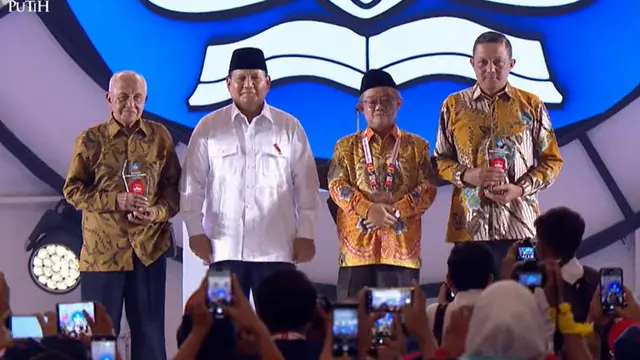
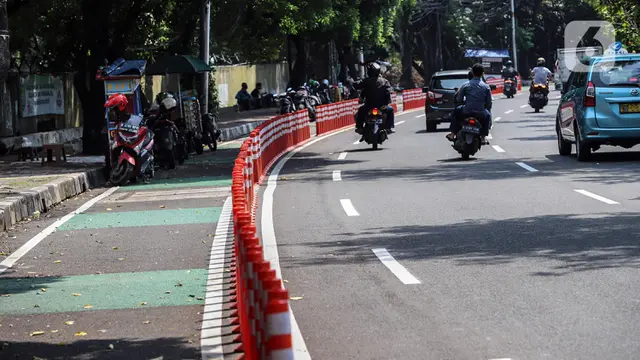
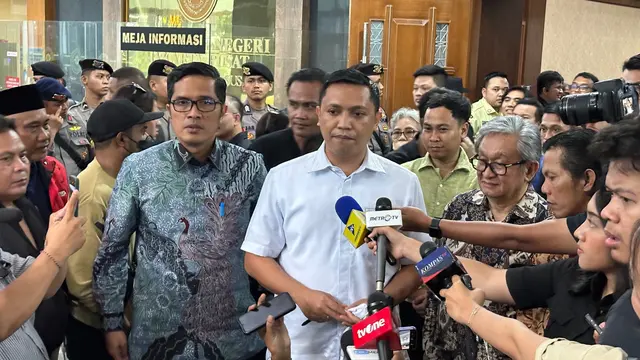
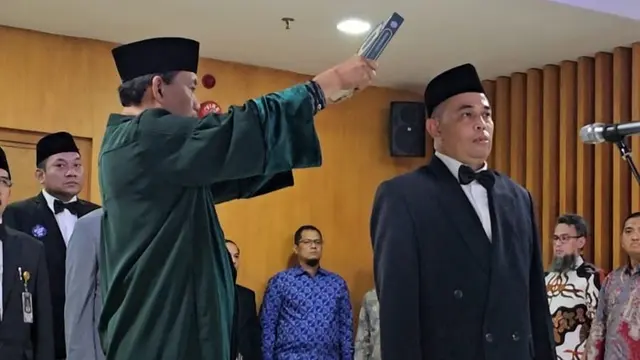
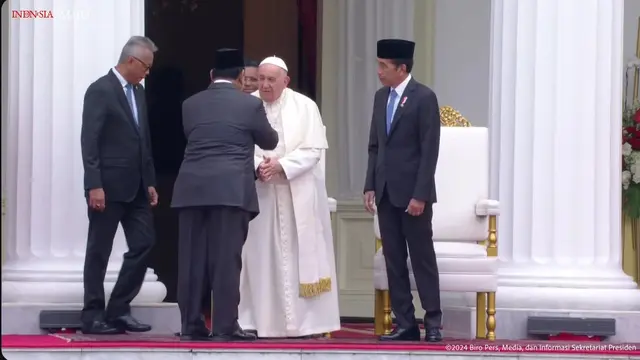
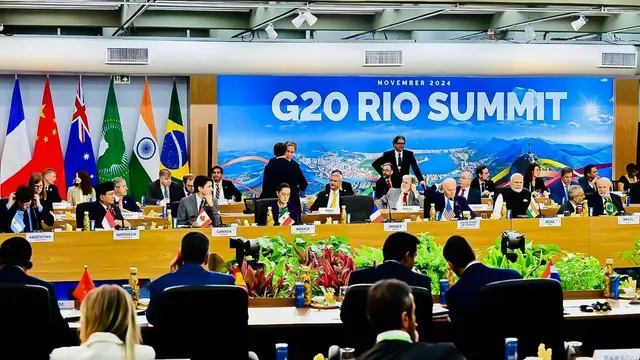

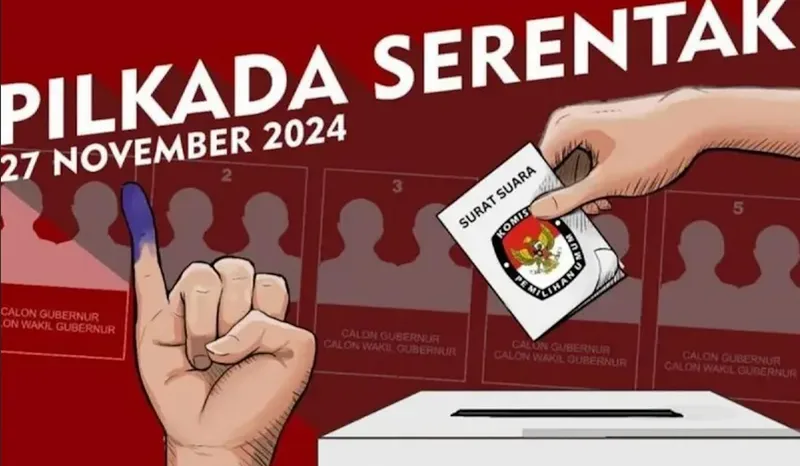
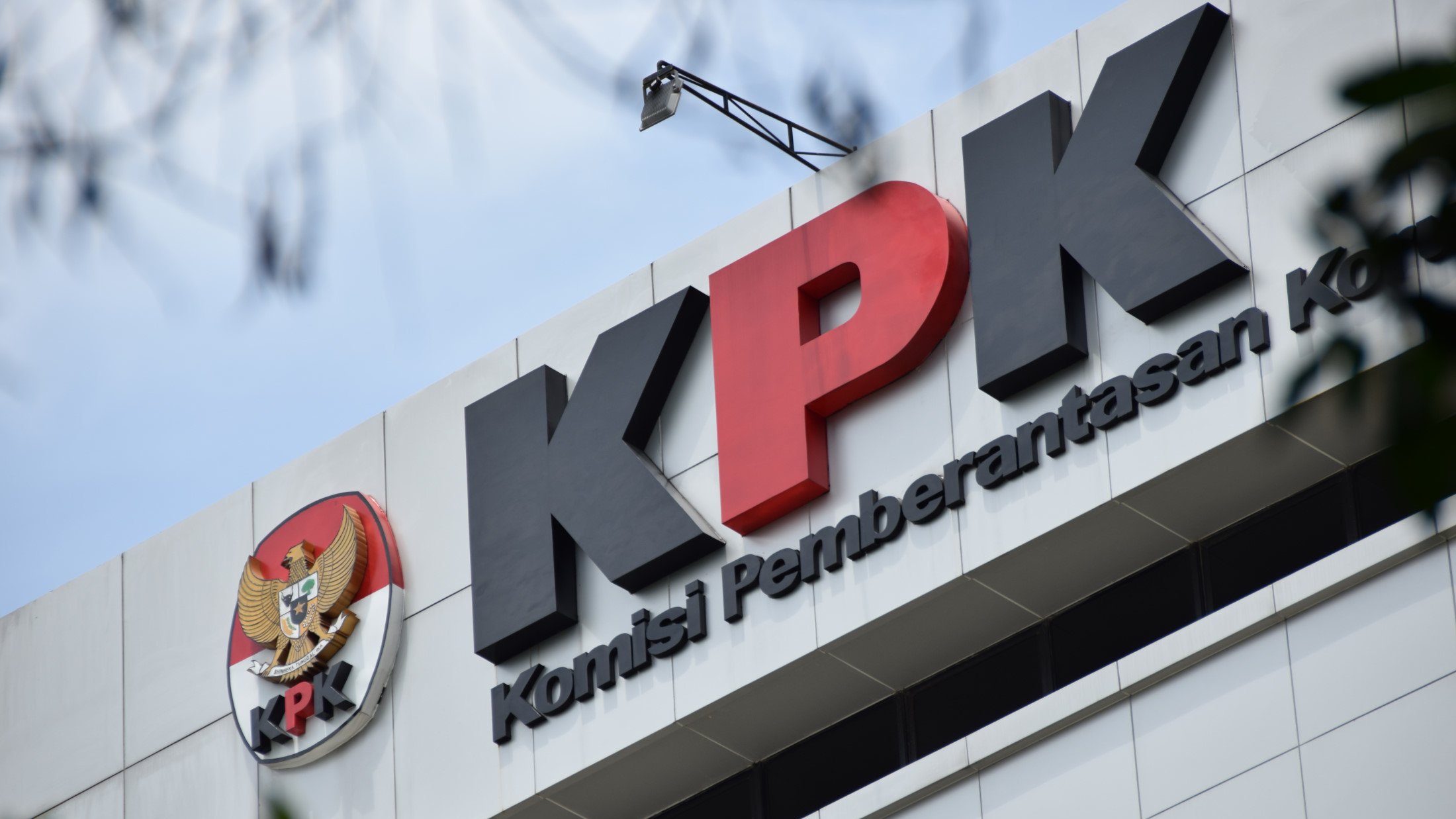
Leave a Reply